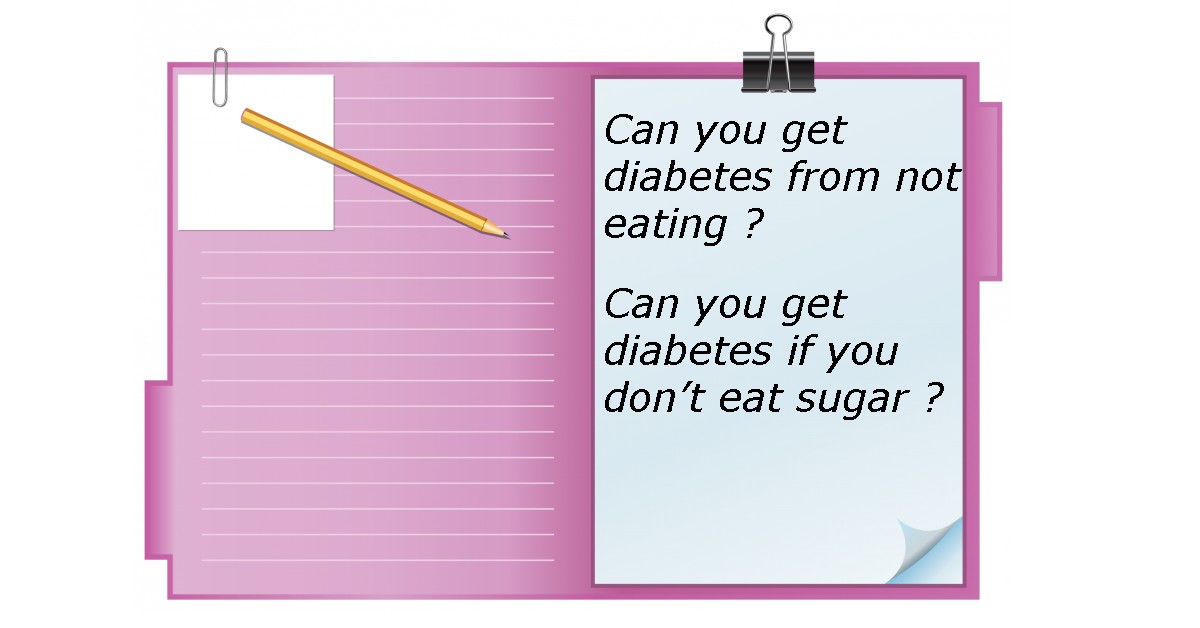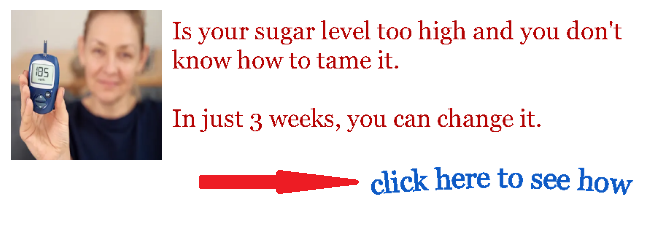Food has always been an integral part of being human. Of every living thing on the planet, for that matter. Food equals survival. But what happens to our bodies if we do not eat? In general we clearly observe that both humans and animals become emancipated over time, and will eventually starve if they do not eat. Consequently this cannot be the only thing that happens to our bodies if we simply stop eating. There must surely be other side effects? So let’s take a look at what happens to our bodies when we stop eating.
Since the body functions off of the energy that food offers, it will start looking inward if food is withheld. Studies for the effects of starvation are outdated, since it is deemed unethical to study human subjects during the course of starvation. We therefore have to rely on old studies and scientific research, as well as examining recent and current starvation in the world. Such starvations can be observed in hunger strikes, religious fasts, anorexia nervosa, and countries where hunger and starvation is rife.
Starvation and danger
What they have found in their observations regarding starvation was astounding, and gave a lot of insight into what the human body is capable of surviving. The body can survive for 8 to 21 days without food and water, but if water is present then the body can survive for up to two months without food. By the time that the body gets to that extreme point, there are severe, life-threatening symptoms observed in the person. If your BMI falls below 13 for men, and 11 for women, then your body can no longer sustain life.
After about 8 hours of not eating, your body will start to change the way that it operates. Normally, the body would break down food into glucose, which provides energy. Once those glucose storages are depleted, your body begins to convert glycogen from your liver and muscles into glucose. Once these stores are depleted, your body starts using amino acids in order to provide energy. This will last for about three days before your body makes a major shift in your metabolism to preserve lean body tissue.
Ketosis
The body will want to prevent excessive muscle loss, and will then begin to rely on fat stores, where ketones are created for energy. This process is known as ketosis. During this time your body will shed a lot of weight. If you have more fat stores available, then you will be able to survive starvation longer. Once the fat stores have been depleted through being completely metabolised, then your body reverts back to muscle breakdown for energy.
This is when starvation becomes extremely dangerous, and you start do experience severe symptoms. You become lethargic and prone to faintness and dizziness, your blood pressure drops and your heart rate slows down, you start experiencing hypotension and you are weak and listless. Then your thyroid starts to malfunction, your potassium drops, and your body temperature starts to fluctuate, you start to experience abdominal pain, and finally you die either from a heart attack or complete organ failure.
But luckily they found you crawling out of the desert, and you can start eating again. You want to grab everything in sight, but the moment you start eating, you start throwing up. This is because the body needs to be gently eased back into eating to avoid such adverse reactions, which can also include developing heart conditions and neurological conditions, as well as the swelling of body tissue. Under the close supervision of a doctor, you will resume eating small portions of boiled vegetables, lactose-free foods, low-protein foods, and low-sugar foods.
Can you get diabetes from not eating?
Interestingly enough, not eating may help reduce your risk of getting diabetes. This does not mean you have to go on a hunger strike to avoid getting diabetes! It simply means that studies have shown that intermittent fasting can help you manage your cholesterol and sugar levels. This is because regular intermittent fasting may improve on how your body breaks down sugars and cholesterol. But if you already have diabetes, then this is an absolute no-go.
Intermittent fasting has to be discussed with your doctor, because doing it wrong will definitely have more negative effects than positive. Many people are trying intermittent fasting as a way to lose weight, and can absolutely work if done correctly. But extensive research is necessary before undertaking any type of intermittent fasting.
Other studies have shown the complete opposite. Because fasting may make your body less able to control blood sugar levels, it may put you at risk of developing Type 2 diabetes. When Express spoke to Dr Marilyn Glanville, she said, “Fasting can impair the action of the sugar-regulating hormone, insulin.” More recent studies done by the European Society of Endocrinology suggested that the risk of developing diabetes is raised by fasting. The reason for this is that it may damage the pancreas which in turn affects the insulin function, which may then lead to developing Type 2 diabetes. Although overweight or obese individuals may already have insulin resistance and can definitely benefit from intermittent fasting, the rapid weight loss could have other serious damaging effects to their health in the long run.
Can you get diabetes if you don’t eat sugar?
This seems to be an unreachable goal, since natural sugars are present in almost everything we consume, but it is not impossible. There are diets and eating plans that allows you to completely cut out sugar from your diet. This, however, has similar effects as when people stop using drugs. Exhaustion, headaches, irritability and brain fog are just some of the symptoms that you may experience. But let’s say, for argument sake, that you are indeed on a diet which does not include any sugar. You can still get diabetes, as the cause of diabetes is not linked to your lifestyle.
Therefore sugar does not directly cause you do develop diabetes. People tend to think that sugar is the villain in the story, since diabetes is a condition where your blood sugar levels are too high. We have to remember that sugar comes in many forms, such as naturally in fruit, certain vegetables, in dairy, honey, and other natural forms. It also comes in its refined state, where sugar becomes more addictive and overall bad for our health in large quantities. The more certain risk of developing Type 2 diabetes comes from being overweight, and sugar does play a role in that. But no studies have proven sugar to be a direct cause of developing Type 2 diabetes. With Type 1 diabetes it is simply impossible, since it is not caused by your lifestyle at all.
Choose your foods food list for diabetes
There are two sides to this coin; food to eat to help control diabetes, and food to avoid when you have diabetes. While sugar is not the culprit in causing diabetes, it is still recommended to avoid refined sugars as much as possible. This does not mean that you can’t have the occasional treat along with a healthy, balanced diet. It simply means that you have to be careful of what you put in your mouth. If you do have diabetes, this becomes a bit more complicated, as you do not want to send yourself into hyperglycaemic shock, where your blood glucose levels get too high. You can still get the necessary sugars that your body needs from natural forms, whether you have diabetes or not. It is also better for your teeth, and will help avoid gaining unnecessary weight. Weight management in diabetes is extremely important, as being overweight or obese increases your risk of heart disease and stroke. It is therefore important to eat food that helps control your diabetes, and to keep yourself safe.
What to eat?
Then we get to the other side of the coin; food to eat to help control diabetes. There is a wide variety of food to choose from, which includes fruits such as berries, bananas and kiwis. You can also go for your vegetables such as spinach, broccoli, cauliflower and asparagus. Then we have our starchy vegetables and grains, such as butternut, potatoes, rice and oats.
You have your healthy fats as found in avocados, unsweetened coconut, and pure peanut butter. The legumes are also your friend, found as peas, chickpeas, black beans, and lentils. Your seeds and nuts are a great source, such as cashews, macadamias, almonds, pumpkin seeds, and sunflower seeds. Dairy, such as whole milk, unsweetened yoghurt, and your different types of cheeses.
And of course your protein sources, such as chicken, fish, eggs, and tofu. There are some rules to follow when picking out your food, whether you have diabetes or not. For a healthy, balanced diet, it is recommended to make your food from scratch instead of buying pre-packed packets of sauces and soups, and ready-made meals.
If you take a look at the labels of these products, you will see just how much sugar and sodium is packed into them. Another rule to follow, especially if you are diabetic, is to consult with your doctor and dietician on a healthy eating plan in order to control your diabetes. If you are not diabetic, it is still a good idea to consult with a dietician, as they can help you lead a healthy lifestyle.
Perhaps you already noticed that food directly impacts on our blood sugar level. I’ve started to look into and documented experiments in Hematic food youtube channel feel free to check it.



